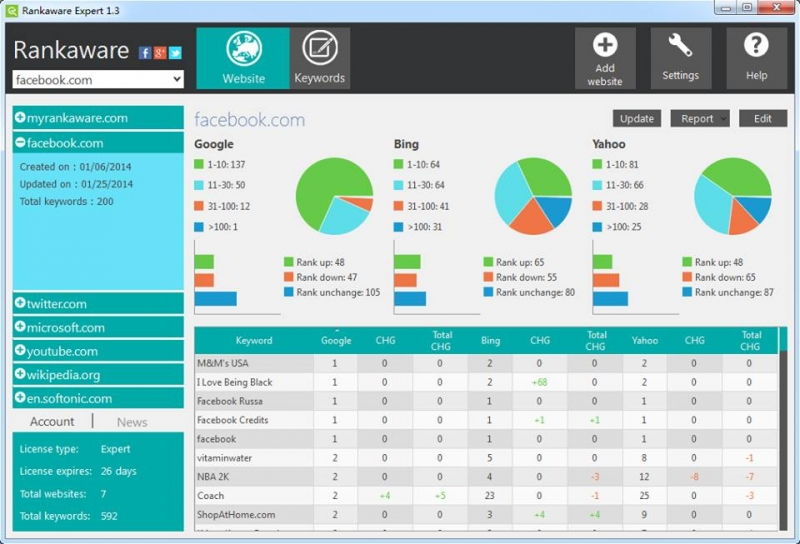Unlocking The Secrets Of SERPs Rank: A Comprehensive Guide
The world of search engine optimization (SEO) is ever-evolving, and at its core lies the SERPs rank, a crucial metric that can make or break online visibility. Understanding how SERPs rank works is essential for businesses and individuals striving to enhance their digital presence. It can determine everything from website traffic to conversion rates, highlighting the importance of mastering this concept in today's competitive market.
As search engines like Google continue to refine their algorithms, achieving a higher SERPs rank becomes increasingly challenging. Numerous factors influence this ranking, including keyword relevance, user experience, and backlinks. With the right strategies, however, anyone can improve their SERPs rank and gain a competitive edge.
This article will delve deep into what SERPs rank entails, why it matters, and how you can enhance your ranking through effective SEO practices. We will tackle common questions and provide insights into the world of search engine rankings, ensuring you are well-equipped to navigate this complex landscape.
What is SERPs Rank?
SERPs rank refers to the position a website holds in the search engine result pages (SERPs) for a particular keyword or phrase. The higher the rank, the more visible the website is to potential visitors, which can significantly influence traffic and engagement levels.
Why is SERPs Rank Important?
The importance of SERPs rank cannot be overstated. A higher rank generally translates to increased visibility, which can lead to higher click-through rates (CTR) and more conversions. Additionally, websites that appear on the first page of search results are often perceived as more credible and trustworthy by users.
How Do Search Engines Determine SERPs Rank?
Search engines use complex algorithms to determine SERPs rank, taking into account a myriad of factors including:
- Keyword relevance
- Content quality
- User engagement metrics
- Backlink profile
- Technical SEO factors
What Factors Influence SERPs Rank?
Understanding the factors that influence SERPs rank is key to improving your position. Here are some of the most critical elements:
How Can You Improve Your SERPs Rank?
Improving your SERPs rank requires a multifaceted approach. Here are several strategies you can implement:
- Conduct thorough keyword research to identify relevant terms.
- Focus on creating high-quality, engaging content that meets user intent.
- Optimize on-page elements, such as title tags, meta descriptions, and headers.
- Build a strong backlink profile by networking and guest posting.
- Enhance user experience through website design and navigation improvements.
What Tools Can Help Analyze SERPs Rank?
Several tools can assist in tracking and analyzing your SERPs rank, including:
- SEMrush: Offers comprehensive keyword analysis and SERPs tracking.
- Ahrefs: Great for backlink analysis and keyword tracking.
- Google Analytics: Helps monitor website traffic and user behavior.
- Moz: Provides SEO insights and SERPs tracking features.
Can Social Media Impact SERPs Rank?
While social media signals are not direct ranking factors, they can influence SERPs rank indirectly. Increased social media engagement can drive traffic to your website, enhance brand visibility, and potentially lead to more backlinks, all of which can positively impact your ranking.
Conclusion: Mastering SERPs Rank for Online Success
In conclusion, understanding and improving your SERPs rank is vital for anyone looking to succeed online. By focusing on quality content, optimizing for relevant keywords, enhancing user experience, and building a strong backlink profile, you can significantly improve your ranking. Stay informed about the latest SEO trends and continuously refine your strategies to maintain and elevate your SERPs rank.


ncG1vNJzZmixn6PAtr7IZqWeq6RjsLC5jq2pnqaUnruof46snKuoo2K%2ForrKZ5%2BtpZw%3D